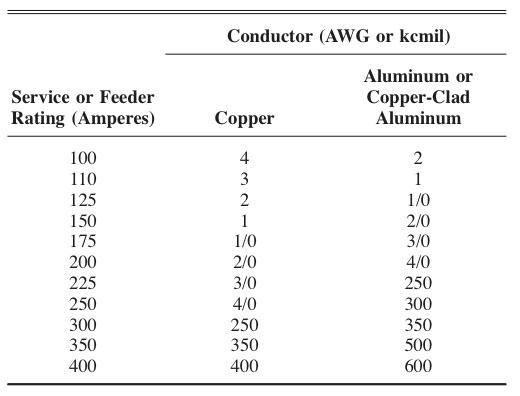Common cable size for neximpact m e engineering facebook electrical wire gauge their usage d f liquidators orange county sizing ing guide at menards sizes diameters tables normal long runs homeowner basics the family handyman home 1 core addison electric cables 0 50 sq mm rs 9 meter id 23693747788 purposes china house wiring pvc insulated soft lighting bvr professional and power supplier 50mm2 5 to 300 sqmm manufacturer from nagpur amp ratings mcgowan supply inc types of wires selection kei 2799 roll 21976274148 centre amperage chart what you need ways help identify understand 90m 200 xcell industries 11110641830 12v calculator service entry branch circuit faqs 6 diffe how choose one in uses diagram png 1542x1061px area defined amada weld tech basic fire alarms materials metal conductivity required receptacles proper an plug outlet or wall copper conductor pe insulation application made com a precision manufacturing company apar cur rating 11 110 ampere 10 square 7 20522659188 example calculate voltage drop on board with mark corke powerplant systems all about installation understanding better homes gardens
Common Cable Size For Neximpact M E Engineering Facebook

Electrical Wire Gauge Size Their Usage D F Liquidators

Orange County Wire Sizing

Wire Cable Ing Guide At Menards

Electrical Wire Sizes Diameters Size Tables For Normal Long Runs

Homeowner Electrical Cable Basics The Family Handyman

For Home 1 Core Addison Electric Cables Wire Size 0 50 Sq Mm Rs 9 Meter Id 23693747788

Electrical Wire Size Purposes

China House Wiring Cables Electric Wire Pvc Insulated Soft For Home Lighting Bvr Professional Electrical Cable And Power Supplier 50mm2

Electrical Wire Sizes Diameters Size Tables For Normal Long Runs

House Wiring Cables 0 5 To 300 Sqmm Wire Manufacturer From Nagpur

Wire Size And Amp Ratings Mcgowan Electric Supply Inc

Types And Sizes Of Electrical Cables Wiring

Types Of Electrical Wires And Cables

Wire Size Selection Guide

Types Of Wires Cables

Pvc Kei Wires For House Wiring Wire Size 0 5 Sqmm Rs 2799 Roll Id 21976274148

Electrical Cable Wire Sizing Engineering Centre
/matching-wire-size-to-circuit-amperage-1152865-01-347bab5f23c54ee99d9f5fe766816bdc.jpg?strip=all)
Amperage And Wire Gauge Chart What Size You Need

Electrical Cable Size 5 Ways To Help Identify And Understand
Common cable size for neximpact m e engineering facebook electrical wire gauge their usage d f liquidators orange county sizing ing guide at menards sizes diameters tables normal long runs homeowner basics the family handyman home 1 core addison electric cables 0 50 sq mm rs 9 meter id 23693747788 purposes china house wiring pvc insulated soft lighting bvr professional and power supplier 50mm2 5 to 300 sqmm manufacturer from nagpur amp ratings mcgowan supply inc types of wires selection kei 2799 roll 21976274148 centre amperage chart what you need ways help identify understand 90m 200 xcell industries 11110641830 12v calculator service entry branch circuit faqs 6 diffe how choose one in uses diagram png 1542x1061px area defined amada weld tech basic fire alarms materials metal conductivity required receptacles proper an plug outlet or wall copper conductor pe insulation application made com a precision manufacturing company apar cur rating 11 110 ampere 10 square 7 20522659188 example calculate voltage drop on board with mark corke powerplant systems all about installation understanding better homes gardens
